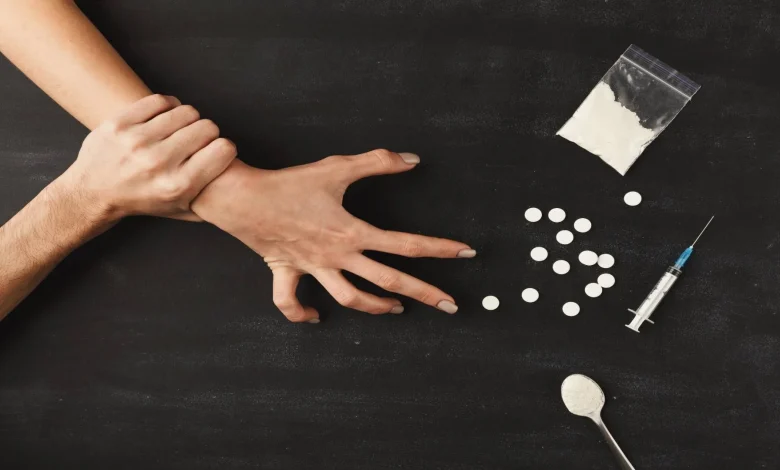Warning Signs It’s Time to Seek Professional Help for Addiction

Knowing when casual use has crossed into something more serious isn’t always obvious. Many people struggle for months or even years before recognizing they need outside help. The line between managing on your own and needing professional treatment can feel blurry, but certain patterns make it clear that it’s time to reach out.
Physical changes often show up first. You might notice you need more of the substance to feel the same effects you used to get from smaller amounts. Withdrawal symptoms appear when you try to cut back or stop. These can range from mild discomfort to serious medical issues like shaking, sweating, nausea, or even seizures. If your body reacts negatively when you’re not using, that’s a red signal your system has become dependent.
Your daily life starts falling apart in noticeable ways. Work performance drops. You call in sick more often or struggle to focus during meetings. Relationships with family and friends become strained. People who care about you express concern, and you find yourself getting defensive or making excuses. Hobbies and activities you used to enjoy don’t interest you anymore. The substance becomes the center of your world, and everything else fades into the background.
Money problems pile up quickly. You spend more than you can afford, dip into savings, or borrow from others. Bills go unpaid. You might find yourself in debt or taking financial risks you normally wouldn’t consider. When your budget revolves around maintaining your habit, it’s gone beyond recreational use.
Failed attempts to quit on your own tell an important story. You’ve tried cutting back. You’ve set rules for yourself and broken them. You’ve promised loved ones you’ll stop, genuinely meant it, and then relapsed. These aren’t signs of weakness or lack of willpower. They’re indicators that the problem has progressed beyond what self-management can handle.
Mental and emotional health takes a hit too. Anxiety and depression worsen. Mood swings become more intense. You feel ashamed or guilty but can’t seem to change course. Thoughts about using occupy your mind constantly. You plan your days around when and how you’ll use next.
Legal troubles or risky behavior should raise immediate red flags. Driving under the influence, getting arrested, or putting yourself in dangerous situations to obtain substances means the stakes have gotten too high to ignore.
If multiple items on this list sound familiar, finding the best rehab program for your situation could be the turning point you need. Professional treatment provides medical supervision, therapy, and structured support that makes recovery possible when going it alone hasn’t worked.
The right time to seek help is when you recognize the pattern, not after everything has completely fallen apart. Recovery is possible at any stage, but earlier intervention often means an easier path forward. Treatment centers understand what you’re going through and have helped countless people rebuild their lives. Taking that first step to ask for help isn’t admitting defeat. It’s choosing a different outcome.





